Every year, over 14 million tons of plastic ends up in the ocean. Previously pristine beaches are now overrun with litter and microplastics have been found in the sand of the world's most remote islands.
A recent report by the Ocean Conservancy found that of all the plastic waste that ends up on our shorelines, five items are encountered more than any others.
Over the last 35 years, 17 million volunteers have taken part in the non-profit's International Coastal Cleanup project, collecting a total of 350 million pounds of trash from beaches and waterways across the globe. Using this data, the organization have calculated the top ten most commonly collected items by ICC volunteers. The top one may well surprise you.
5. Bottle Caps—16,903,325 items
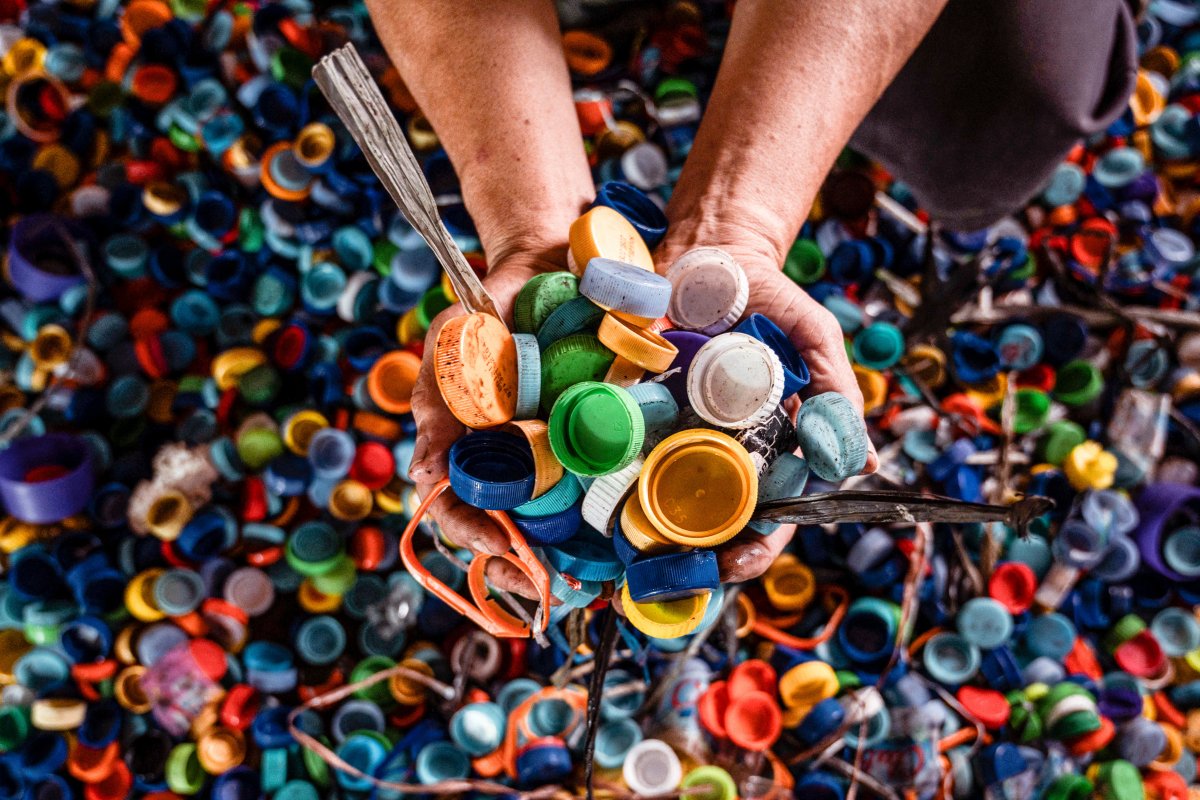
When it comes to drinks bottles, most of our attention goes towards recycling the bottle itself. However, the hard twist-top lids are often much more difficult to recycle.
While these small plastic pucks might not seem like a big deal, they can have devastating consequences for local wildlife. Sea birds, marine mammals and fish often ingest floating caps, mistaking them for food—with potentially fatal consequences.
4. Plastic Bags—21,538,520 items
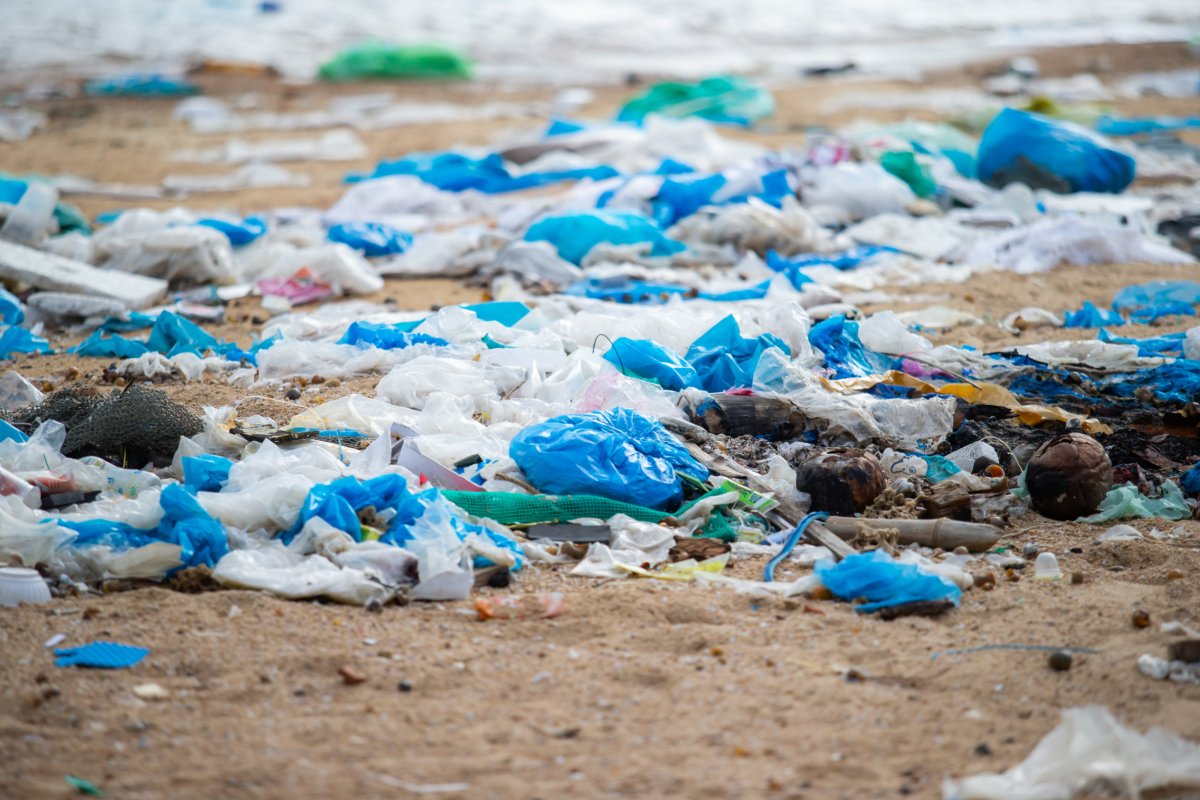
Single-use plastic bags are difficult and often costly to recycle. Even so, up to 5 trillion of them are used worldwide every year.
If these end up in the environment they can cause blockages of important stormwater systems, or even be confused by marine animals for jellyfish.
3. Beverage Bottles—21,810,732 items
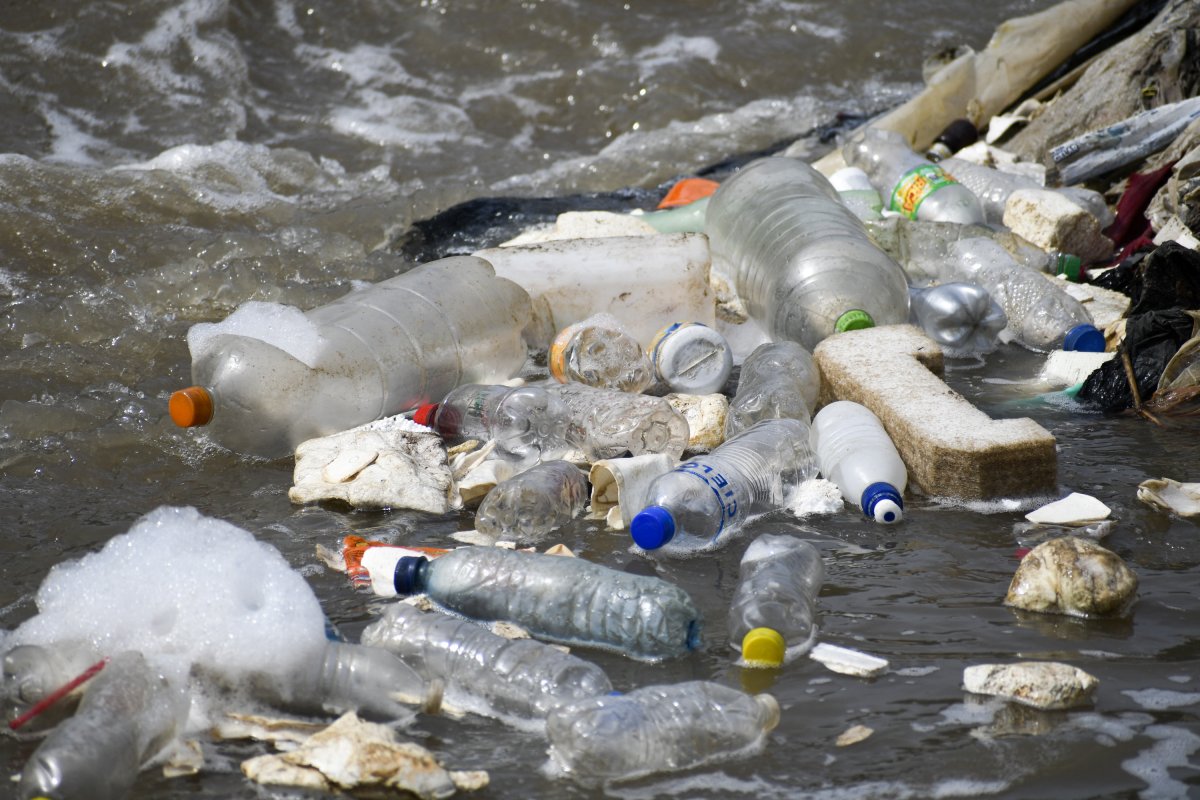
Around the world, one million plastic bottles are purchased every minute. However, while efforts have been made to make these products more easily recyclable, less than a third of the plastic bottles used in the U.S. are actually recycled.
Plastic water bottles also often contain harmful chemicals called BPAs that can leach into drinking water and disrupt our hormones, so it is always best to use a BPA-free reusable bottle.
2. Food Wrappers—28,445,467 items
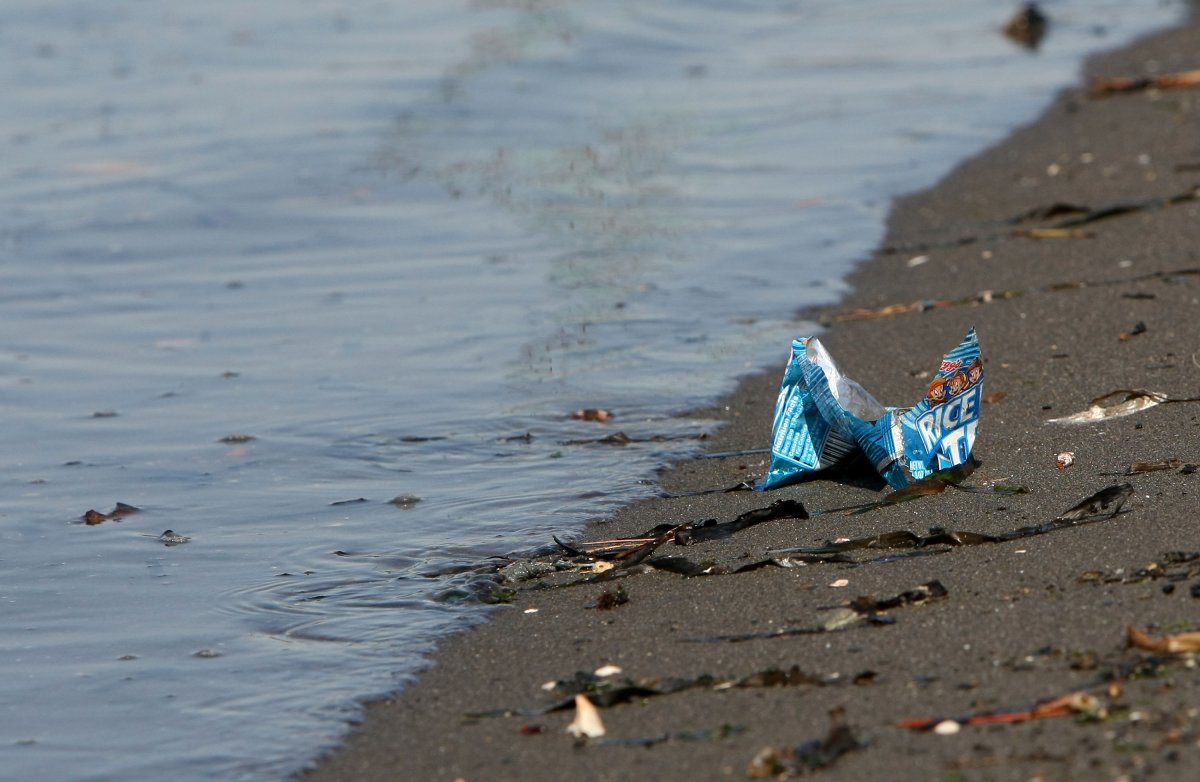
Unlike the trash items listed so far, food wrappers are much harder to avoid as an average consumer. "We can recycle plastic bottles, we can bring our own bags to the supermarket, and many of us skip the plastic straw all together, but when it comes to keeping food fresh, safe, and accessible, to date manufacturers have put most of their research and energy into the food wrapper [in its] disposable plastic form," Nick Mallos, senior director of Ocean Conservancy's Trash Free Seas program, told Fast Company.
"We really need to think about accelerating research and development of packaging that isn't destined for landfills and that keeps both people and our oceans safe and healthy."
1. Cigarette Butts—59,398,908 items
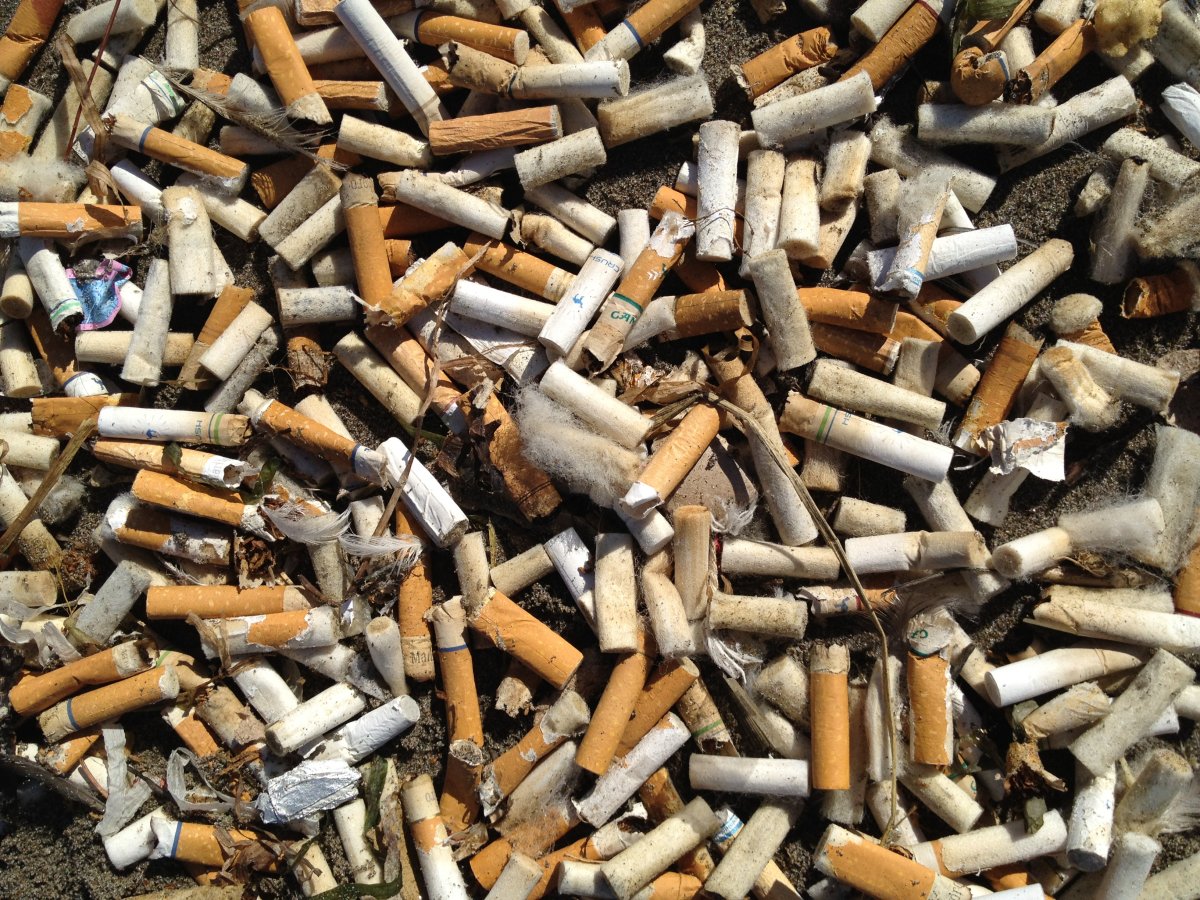
In at number one for by far the most common form of ocean plastic in the report was cigarette butts.
Many people carelessly stub cigarette butts out on the floor without thinking of the consequences, but these spent smoke cylinders can wreak havoc on coastal environments. Firstly, most cigarette filters are made out of cellulose acetate, a plastic-like material that does not easily degrade.
When hit by UV rays from the sun, these fibers may break down into smaller microscopic particles, but they do not disappear. These fibers are particularly dangerous because they have absorbed all of the toxic chemicals found in tobacco, like nicotine, heavy metals and carcinogens. These chemicals can then be consumed by sea animals or leach into the surrounding environment, contaminating soils, plants and water quality.
The Ocean Conservancy continues to work to reduce plastic pollution in our world's oceans, but cleaning up our beaches requires a global effort. If you would like to volunteer to help with the International Coastal Cleanup you can sign up on the Ocean Conservancy's website.
Update 07/07/2023, 03:34 a.m. ET: This article was updated to specify that the five items are the most common plastic waste items collected from beaches and waterways.
Uncommon Knowledge
Newsweek is committed to challenging conventional wisdom and finding connections in the search for common ground.
Newsweek is committed to challenging conventional wisdom and finding connections in the search for common ground.
About the writer
Pandora Dewan is a Senior Science Reporter at Newsweek based in London, UK. Her focus is reporting on science, health ... Read more
To read how Newsweek uses AI as a newsroom tool, Click here.








